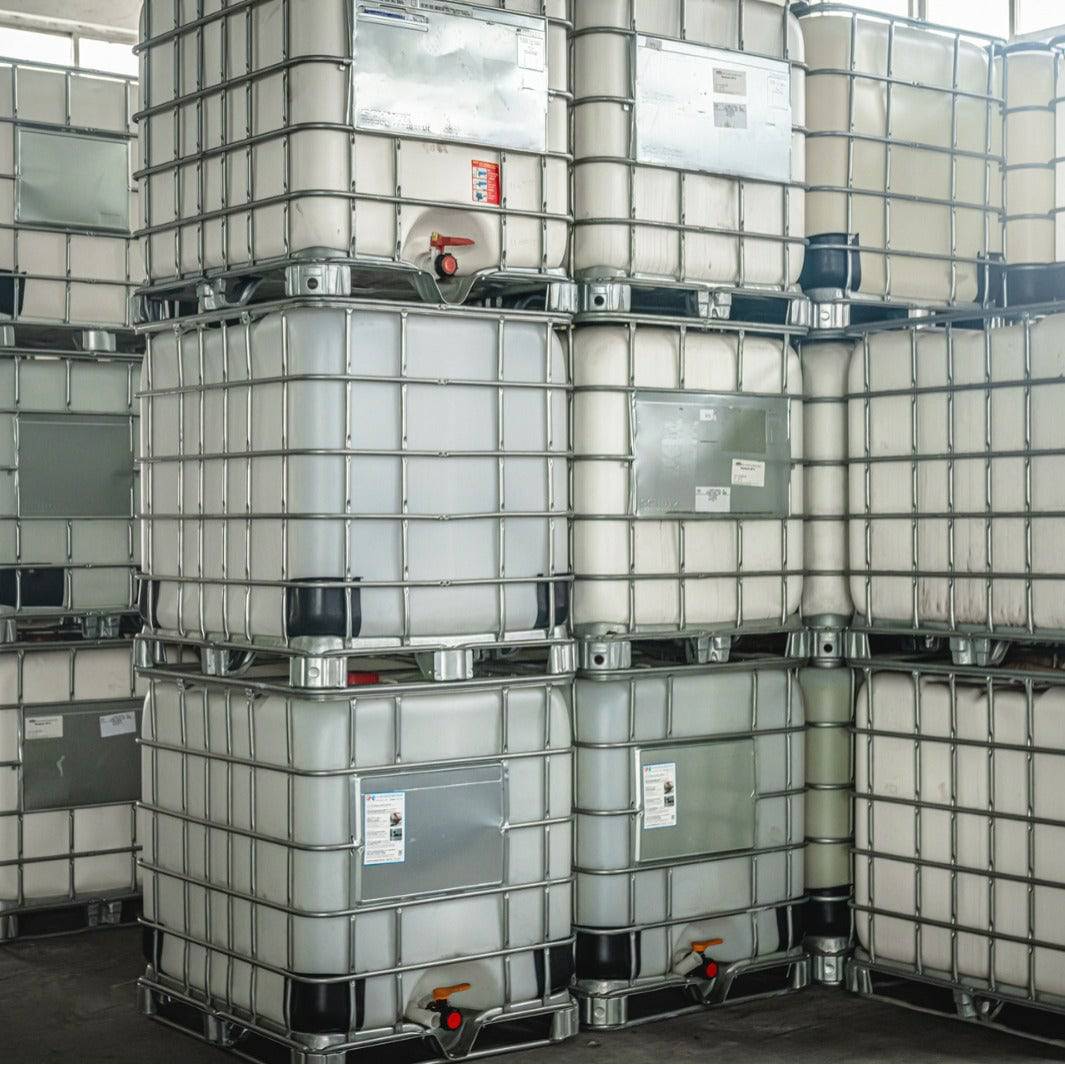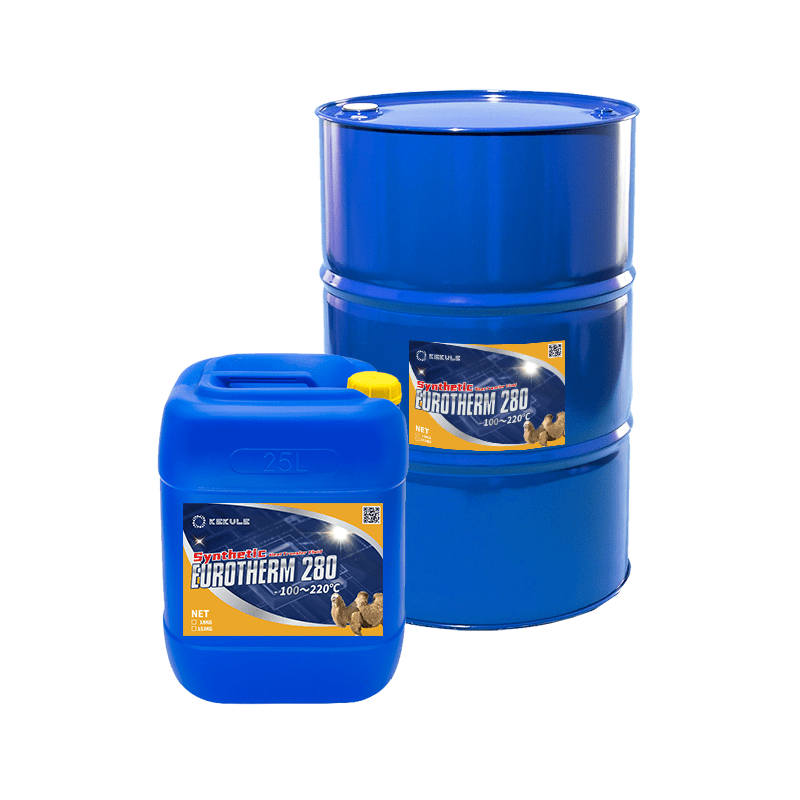What Does Chemie Mean?
What Does Chemie Mean?
Blog Article
Some Known Factual Statements About Chemie
Table of ContentsChemie Things To Know Before You BuyNot known Details About Chemie The smart Trick of Chemie That Nobody is DiscussingFacts About Chemie UncoveredFascination About ChemieThe Main Principles Of Chemie
A device that enables components (fans, controllers, pumps) to be replaced or added to an IT/Cooling system without interrupting its operation. Hydrophilic is a residential or commercial property of a material or surface that is attracted to water and allows water to spread throughout or permeate it, making it "water-loving." Hydrophobic is a building of a product or surface area that wards off water and does not conveniently permit water to spread out across or penetrate it; it repels water.(https://triberr.com/chemie999)Access Protection (IP) is a common used to define the securing performance of electrical rooms versus breach from foreign bodies (devices, dust, and so on) and wetness. It is specified in the worldwide conventional EN 60529 (British BS EN 60529:1992, European IEC 60509:1989). Ranking Access Protection (IP) rankings determine a device's resistance to solids and water.
Insulation are products or techniques made use of to reduce the transfer of energy between two items or atmospheres. With concerns to information centers and sustainability, ISO-14000 is a typically used criterion.
The 10-Minute Rule for Chemie
This process can result in lower warmth transfer rates compared to stormy circulation. Latent warm is the warmth called for to convert a strong right into a fluid or vapour, or a liquid into a vapour, throughout a stage change, without modification of temperature level.

It is typically made use of in liquid cooling systems and in industrial processes. A Liquid-to-Liquid Warm Exchanger is a gadget that transfers warmth from one fluid to another without mixing the fluids. It passes the 2 liquids near each other while ensuring they are divided by a barrier. Liquid-to-liquid heat Exchangers are often made use of in cooling down systems to separate primary and additional coolant loopholes.
Chemie Fundamentals Explained

A litre inhabits a quantity of 10 centimeters x 10 centimeters x 10 centimeters. Litres (Liters) per minute is a system of measurement for flow price, exactly the volume of liquid (in litres) that passes an offered factor in a min.
A maintenance window is a scheduled duration assigned ahead of time by technological, support, and solution staff throughout which preventative upkeep tasks that could interfere with operations are performed. Preventative tasks might consist of software application updates, repair work, or replacements. By performing these in an upkeep window, you can ensure minimal disruption which our system runs ideally.
Our Chemie Statements
The air conditioning liquid requires two-way transport called supply and return. It refers to a material's resistance to rust, rust, or staining when it comes into contact with a different material or chemical.

Network changes can be hardware tools that handle physical networks or software-based virtual gadgets. Non-Condensable Gas (NCG) is a gas that does not condense (change from vapour to fluid) under a cooling system and typical compression refrigeration conditions. NCGs are air, nitrogen, co2, argon, and oxygen. Non-conductive fluids are coolant fluids that are unable of performing an electric existing, frequently referred to as dielectrics.
All about Chemie
Operating stress is the stress at which a system or a part of a system operates under normal or specified conditions. This is the safe temperature range in which a piece of hardware, gadget, system, or process can operate without experiencing deterioration in efficiency, integrity, or long life. The tool will certainly operate efficiently within a specified operating temperature variety, outside this variety of secure operating temperature levels, the gadget may stop working.
Oxidation stability is a fluid's resistance basics to oxidative degradation over time and is an important quality criterion. silicone synthetic oil. Parallel flow describes the partnership between the flow instructions of the warm and chilly fluids. With parallel circulation, the liquids travel through the warmth exchanger parallel to enhance heat transfer
3 Easy Facts About Chemie Explained
Passively cooled is a kind of cooling that makes use of natural convection or radiation to dissipate warmth without fans, pumps, or added active elements. Perfluorocarbons (PFCs) are compounds, that are manmade and contain carbon and fluorine. Perfluorocarbons are generally colourless, odourless non-flammable gases at ecological temperature levels and mostly chemically unreactive.
Report this page